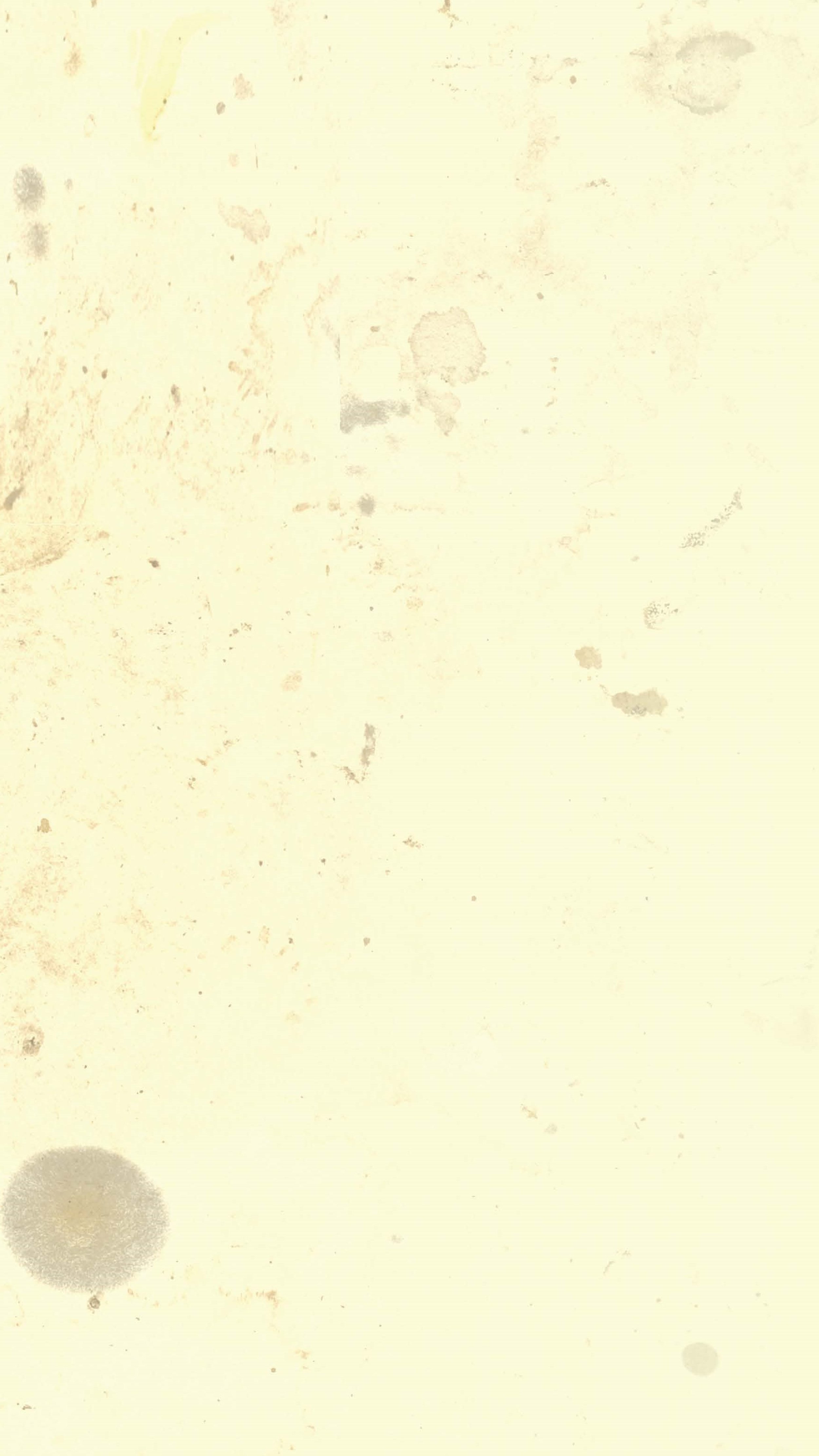
Selections from FM GALICIA
29.11
Whenever I begin to think that my life is starting to resemble a tangled ball of thin rubber bands—many fragments with many ends, all jumbled together—I then begin to think about people who have experienced more difficult times. And most people have. A calm, unemotional comparison always exposes how cheerful my biography is when measured up to anyone else’s. Dad once told me an old Hutsul [1] tale about a man who was tired of living and who, in his prayers, would ask the Lord to offer him an easier fate. God, of course, heard the pleading of the downtrodden man and led him to a giant hall in which crosses were stacked—every cross a particular fate of an actual person. Then he allowed the man to choose which one he wanted for himself. The man searched for a while and then chose the smallest and lightest one.
“But that one is your cross, it is your fate,” said the Lord.
And that’s the way it really is.
We are too involved with love—actually, pity—for ourselves to understand that we need nothing else but thankfulness to the Creator for every day of existence. I respect the thankful. They are joyful and good. Those who are thankful to the Creator understand that it is precisely that which is needed by others whom he has created. My aunt said that what a person needs most of all is gratefulness. In time, I proved it to myself that she was correct. For, in essence, everything is dependent on gratefulness. That is why I understand people who accept gifts with enthusiasm. That enthusiasm is made up of gratefulness, not self-assurance. That is why I also understand people who give, never accepting thanks in return. They know that the latter know to whom they are thankful. And if not, then thank God that when someone needed something, you were in a position to give.
As for difficult times—they disappear when you fathom that the day is a gift. Because just by possessing that day, you have received something. And you believe that your day is better than other possible similar days. You just need to understand that if you are hungry today, then it is because you were full yesterday and will be full tomorrow. And it’s the same with coldness, pain, despair, fear, and other real things, which let you know that you are alive. The greatest wisdom, then, is the simple, daily prayer, given to us, without any expectation of gratitude: Lord! Thy will be done, not mine.
Notes
[1] For more on Hutsuls, see the note for Andiy Bondar’s “St. Nick No. 628.”
Translated by Mark Andryczyk
